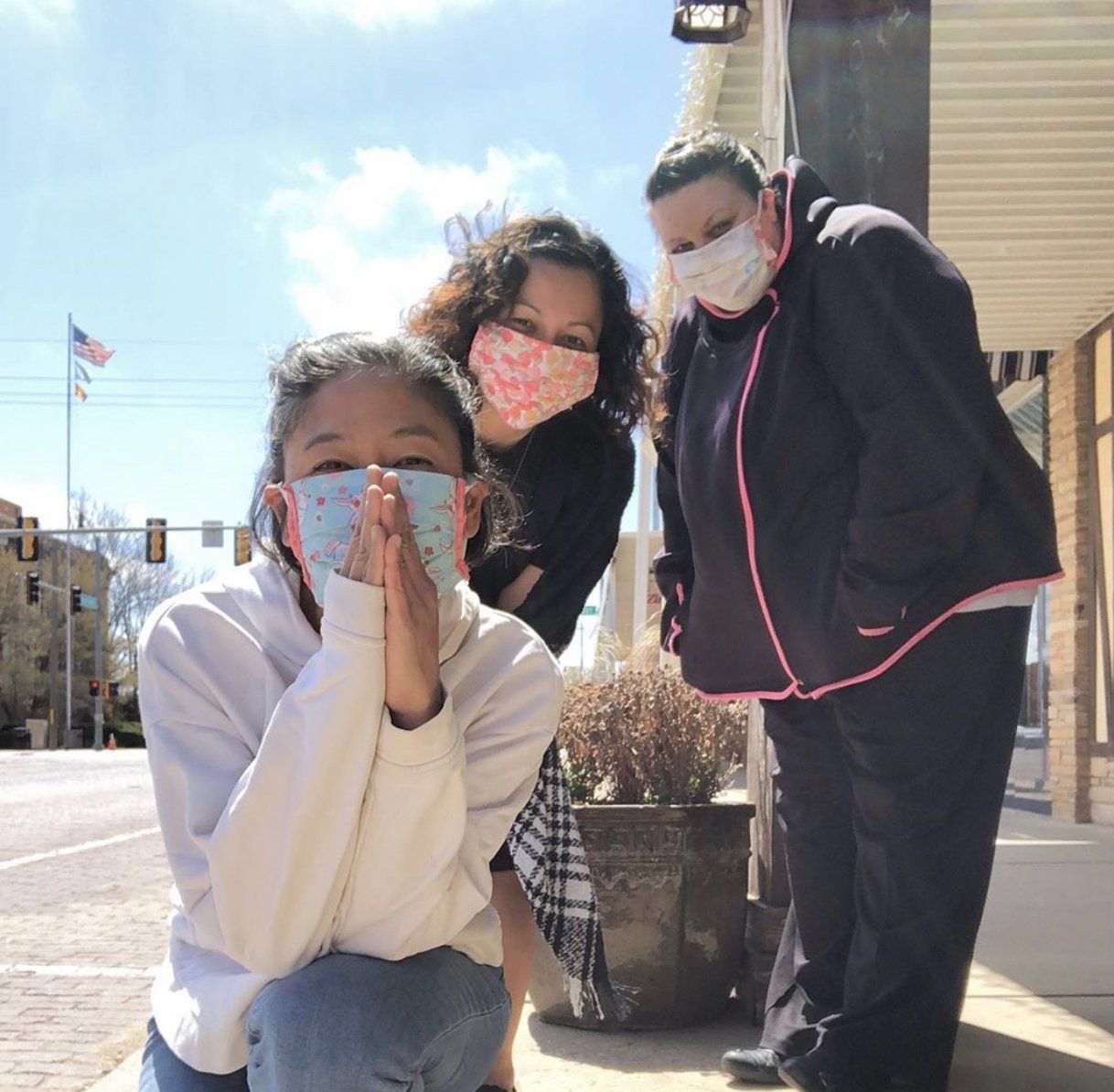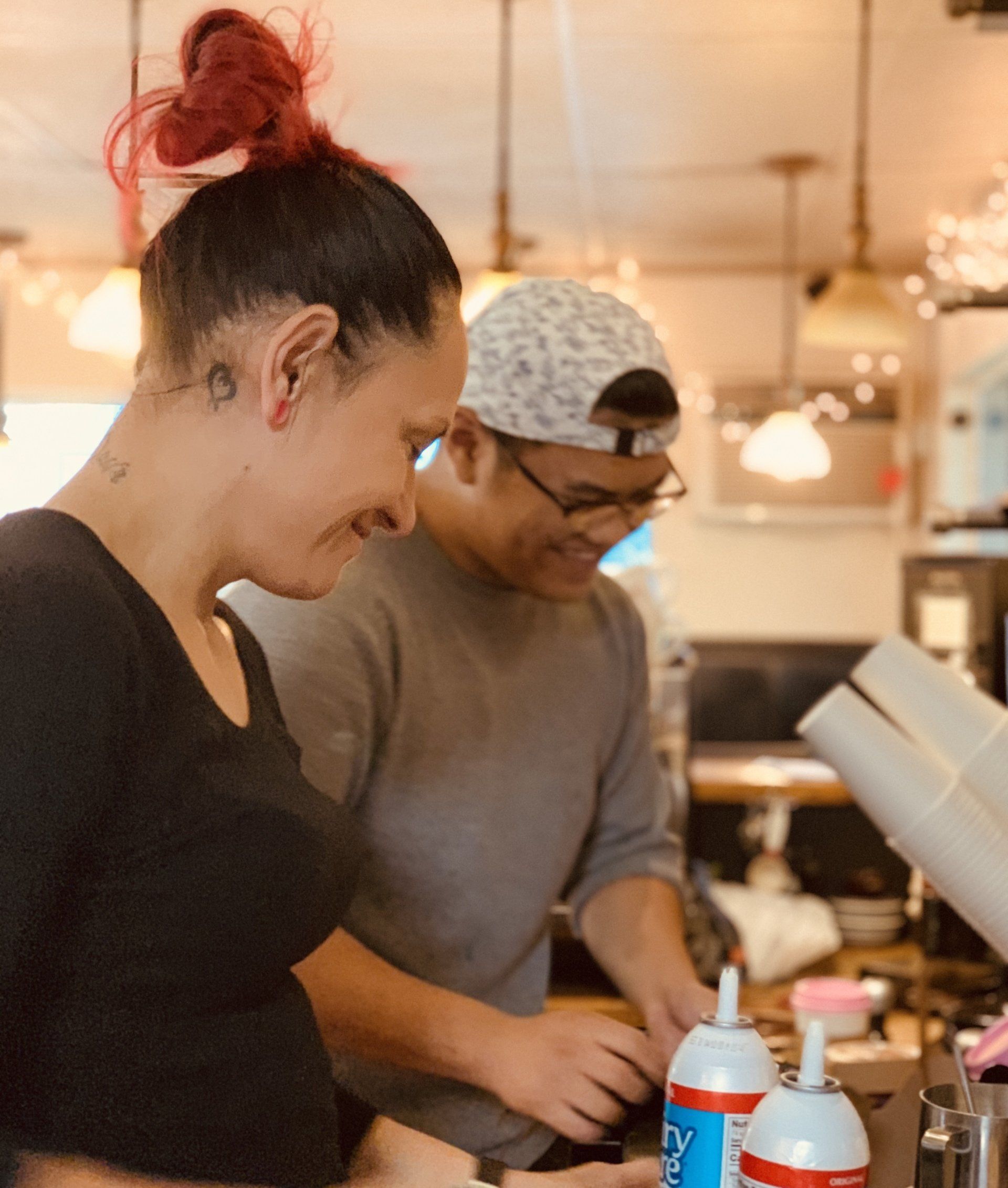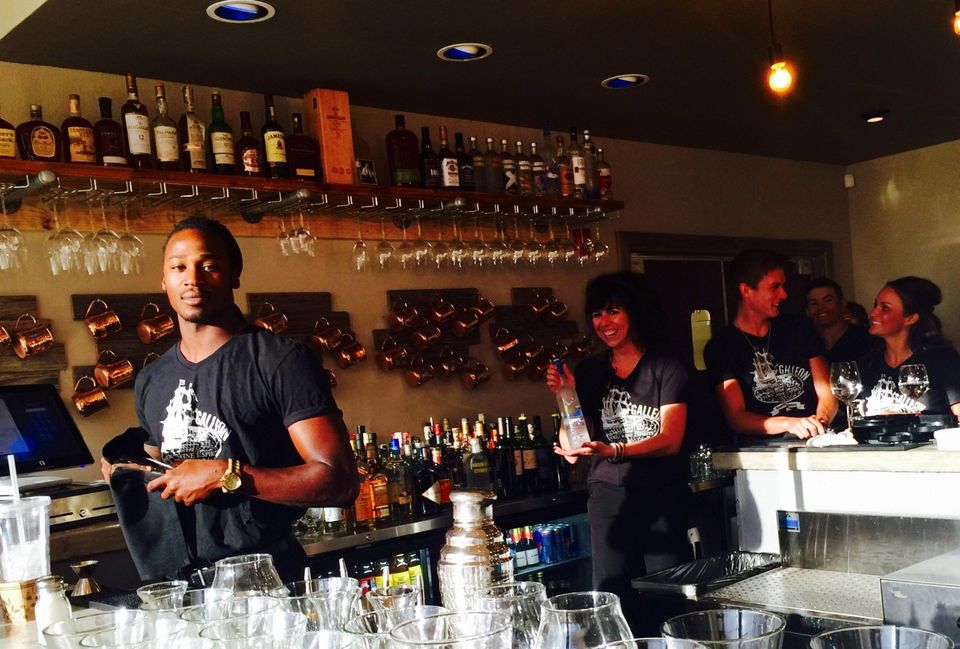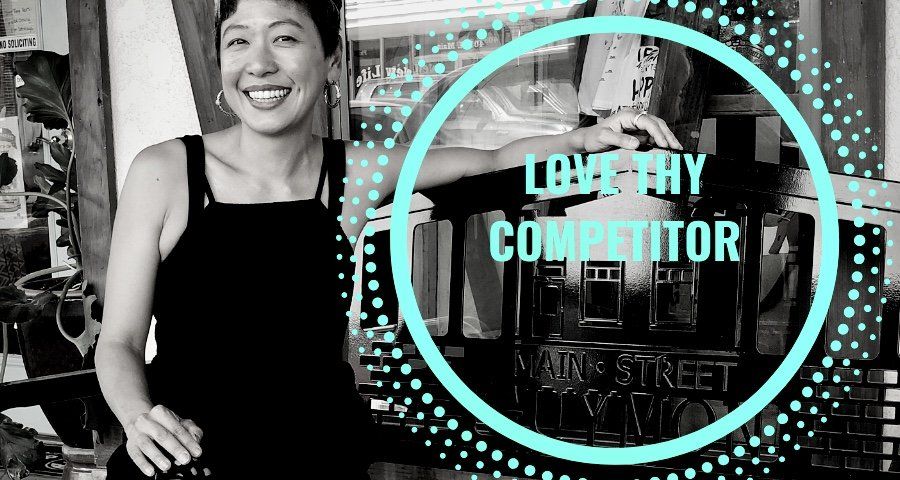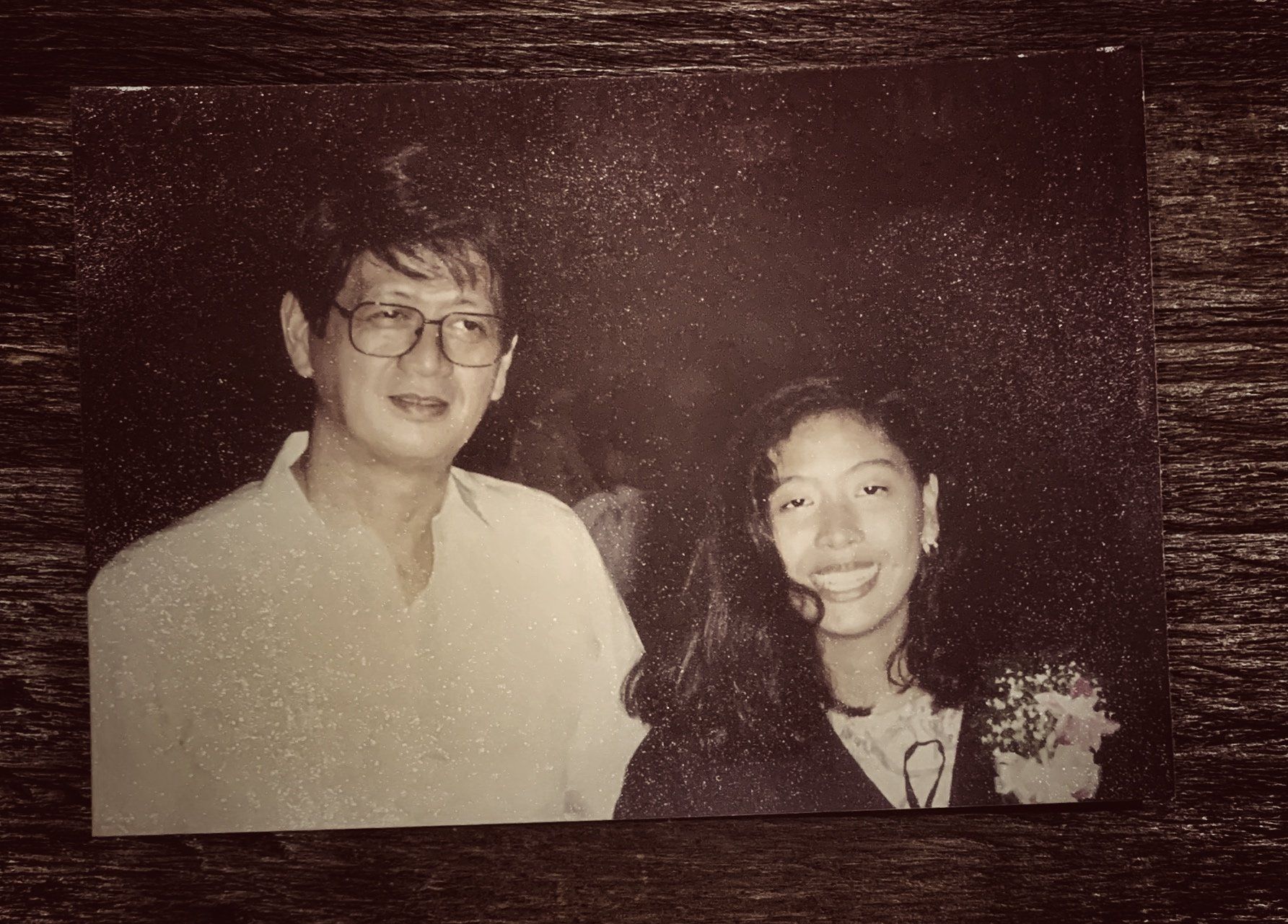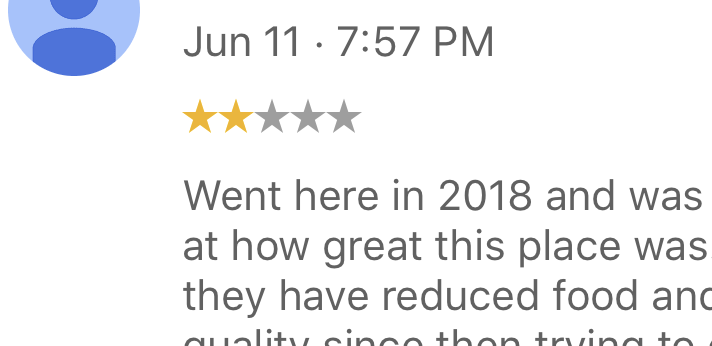By Susan Morales-Barias
•
March 8, 2020
The other night, I got a call from my female bartender. “What should I do with this customer who called me a b*$@# and he says he wants to taste my *&@$*?" I was taken aback for a minute. I did not think that this situation would happen in my restaurant and bar. For sometime, we have had male managers and bartenders and there did not seem to be issues (or so I thought). I said firmly “ We have a zero tolerance policy. If you feel harassed, you can escort that customer out. I can come in if you need me to. If urgent, feel free to call the police”. The next day, I debriefed with my female manager. I reiterated our policy but I knew we really did not have a specific process for situations that involved customers. I told her that we did not seem to have this problem often. She countered, “Yeah- we have had a lot of instances where customers may cross that line”. I started to pry a bit further. She told me some interesting stories. Sometimes, the situation starts out harmless until it escalates. Sometimes, it starts with simple jokes. Sometimes, you may have had a longtime good customer who all of a sudden decides to make an advance. And then you get that one who becomes Mr. Hyde at the bar. She added, “Since we work for tips, we will try to accommodate a customer until we feel absolutely threatened”. Harassment abounds in the workplace. Sexual harassment in the workplace exists more so and is a greater issue for women. I read somewhere that around 60% of women report they have experienced harassment in their workplace. This number increases among women in the food service industry, especially for those who work for tips. Even among food service workers who do not work for tips, situations of sexual harassment are surprisingly prevalent. I watched “A Fine Line” www.afineline.com, a documentary on female chefs, in which they talk about how female restaurant owners and head chefs comprise less than 7% of the entire industry. The female chefs narrated how they had to endure prejudice and sexual harassment. In talking with my staff, I realized that they may be exposed to more risk than I had previously thought. The fact that they really did not discuss this issue until we had a big situation happened also reflects their ambivalence and disempowerment. Is it ok to take a few advances from customers if it meant a bigger tip? When is the situation reportable? I know how disempowering it can be for a female in a workplace. I had experienced sexual harassment in a job decades ago. In that instance, I had to figure out, did he really cross the line? Was it harmless? Would anybody believe me if I reported? Thankfully, I had witnesses to the incident and I had worked in women’s advocacy enough to know that the behavior was inappropriate. No, he did not lose his job. He got his hands slapped. I was moved to report to another supervisor but still had to work with him on a daily basis. The US Equal Employment Opportunity Commission (EEOC) states that: “It is unlawful to harass a person (an applicant or employee) because of that person’s sex. Harassment can include “sexual harassment” or unwelcome sexual advances, requests for sexual favors, and other verbal or physical harassment of a sexual nature. Harassment does not have to be of a sexual nature, however, and can include offensive remarks about a person’s sex. Although the law doesn’t prohibit simple teasing, offhand comments, or isolated incidents that are not very serious, harassment is illegal when it is so frequent or severe that it creates a hostile or offensive work environment or when it results in an adverse employment decision (such as the victim being fired or demoted). The harasser can be the victim's supervisor, a supervisor in another area, a co-worker, or someone who is not an employee of the employer, such as a client or customer.” As a female CEO and Chef, how am I able to walk my talk about zero tolerance? There is a lot of work to do from my end. From an organizational stand-point, there are things that need to be urgently tackled: ENSURE THE POLICY IS CLEAR. We need to first, talk the talk. Always reference your harassment policy during new hire orientation. Review your employee handbook and make sure that your policy is clearly articulated. But, more than policy, we need to discuss potential scenarios with our staff to empower them to resist situations, especially with customers where there is clearly a power imbalance. Sexual harassment training on how to deal with situations in the workplace among other employees and customers is critical. CREATE A SAFE ENVIRONMENT. This is where you walk the talk. Aside from ensuring that your policy provides for alternative and safe reporting channels, you also need to create a safe environment. Leadership needs to “walk the talk” and lead by example. MENTOR WOMEN. Women are underrepresented in leadership and especially in leadership in the food service industry. If you see potential, harness it! Women face a lot of barriers within organizations including lack of opportunity, policy that are not women-friendly (like taking time off for sick children and maternity), and lack of confidence in their leadership ability. Policies can address the first two barriers. Mentorship can unlock potential by increasing their confidence. Of course, these steps only address the tip of the iceberg. The way women are treated in general and what society accepts as appropriate behavior is at the core of this discussion and needs to be confronted. For me, gender-based wage disparity, corporate culture that tolerates harassment and discrimination and lack of women in leadership are key. It is 2020. On this day to to recognize women across the globe, let us all (men and women) take on one challenge: take a deep look at your environment and identify one thing that is in your power to change to improve conditions for women and change it! Be bold, be courageous.
